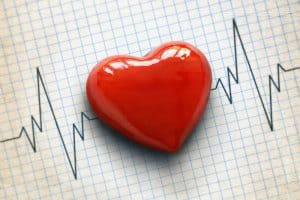 Cardiac Safety Early Career Seminar Award Series
Cardiac Safety Early Career Seminar Award Series
The Cardiac Safety Steering Team is proud to present the second webinar series featuring the 2024 Early Career Seminar Series Awardees.
This competitive award is given to postdoctoral or early career scientists who have compelling research related to cardiovascular safety and risk assessment.
Three awardees were selected for the 2024 Seminar Series:
- Dr. Chon Lok Lei, February 22 at 9am ET
- Dr. Victoria Au Yueng, March 22 at 11am ET
- Dr. Alexandra Schaffert, April 5 at 11am ET
For webinar link contact: HESI Cardiac Safety cardiacsafety@hesiglobal.org

 Cardiac Safety Early Career Seminar Award Series
Cardiac Safety Early Career Seminar Award Series


